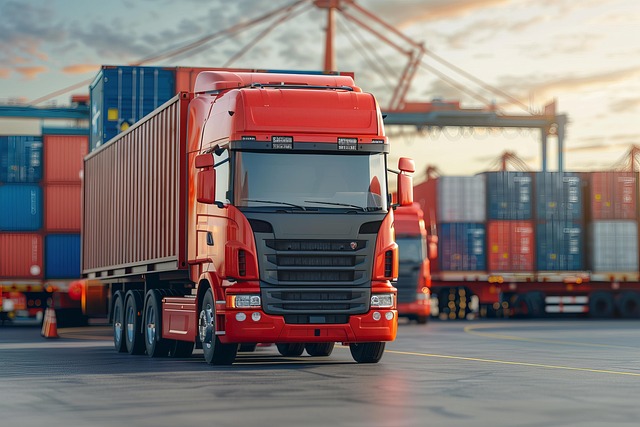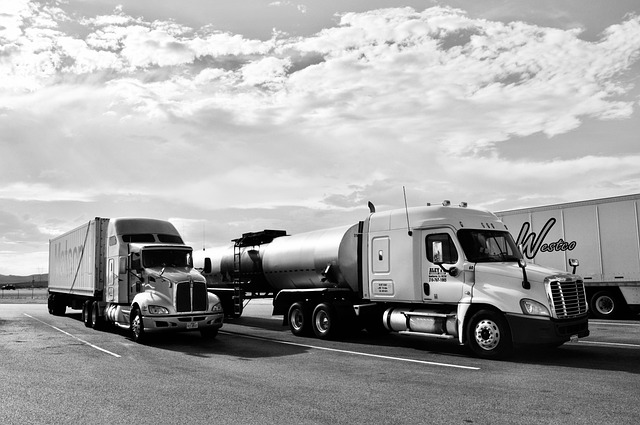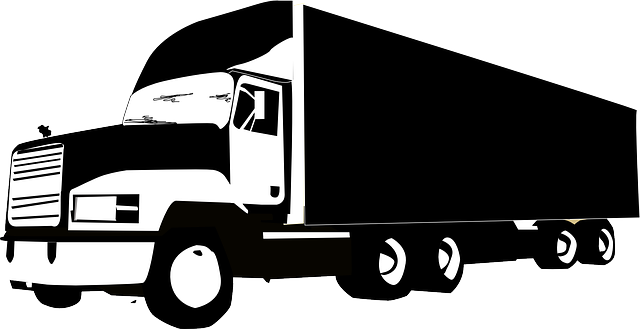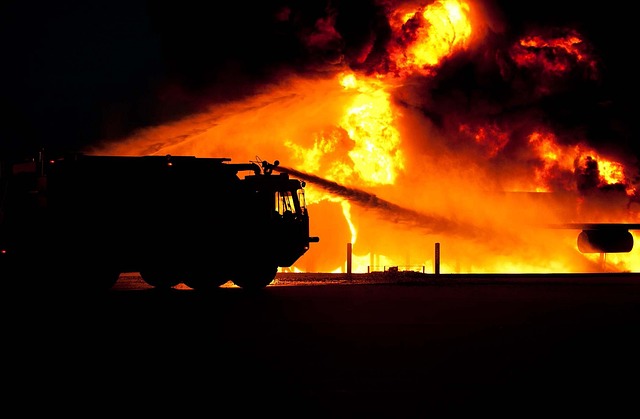Commercial trucking insurance is a vital component for any trucking business, offering protection against various risks such as accidents, property damage, and liability claims. By understanding key coverage options like liability, collision, comprehensive, cargo, and freight liability, businesses can tailor their policies to unique needs. Staying compliant with FMCSA regulations, investing in driver training, and implementing strict fleet maintenance are essential strategies for risk management. Global case studies demonstrate the significant impact of robust trucking insurance programs in enhancing financial stability, operational efficiency, and market position within the competitive trucking industry.
In the dynamic world of commercial trucking, navigating legal requirements and securing robust financial protection is paramount. This comprehensive guide delves into the essential aspects of running a compliant and insured trucking operation. We explore various types of commercial trucking insurance, dissecting their coverages and significance in risk mitigation. Furthermore, we guide you through intricate legal compliance standards and present real-world case studies demonstrating effective strategies for both insuring and protecting your business and drivers financially.
- Understanding Commercial Trucking Insurance: Coverage Types and Importance
- Navigating Legal Compliance for Trucking Operations: Regulations and Standards
- Risk Management Strategies: Protecting Your Business and Drivers Financially
- Case Studies: Real-World Examples of Effective Trucking Insurance and Compliance
Understanding Commercial Trucking Insurance: Coverage Types and Importance

Commercial trucking insurance is a vital component for any trucking business, ensuring financial protection against potential risks and liabilities associated with the industry. This type of insurance covers various aspects of commercial vehicle operations, offering peace of mind for truck owners and operators. Understanding the different coverage types available is essential for making informed decisions to safeguard your business.
There are several key components within commercial trucking insurance policies. These include liability coverage, which protects against claims arising from accidents causing property damage or personal injuries; collision coverage, designed to cover repairs or replacement costs in the event of a crash; and comprehensive insurance, offering protection against non-collision related incidents like theft, natural disasters, or vandalism. Additionally, some policies include cargo insurance to safeguard the value of transported goods and freight liability to cover damages related to injury or property loss during loading and unloading processes. With such diverse options available, trucking businesses can tailor their coverage to specific needs, ensuring comprehensive protection for their operations.
Navigating Legal Compliance for Trucking Operations: Regulations and Standards

Navigating the complex landscape of legal compliance is a cornerstone for any successful trucking operation. Commercial trucking insurance plays a pivotal role in safeguarding against potential risks and liabilities inherent in this industry. Regulations and standards, enforced by governing bodies like the Federal Motor Carrier Safety Administration (FMCSA), dictate everything from vehicle safety inspections to driver qualifications and working hours. Compliance isn’t just about avoiding penalties; it ensures the safety of drivers, protects the environment, and fosters fair competition within the sector.
These regulations cover a wide range, including cargo security, fuel efficiency standards, and workplace safety protocols. For instance, understanding and adhering to hours-of-service rules help prevent driver fatigue, enhancing road safety. Similarly, commercial trucking insurance policies designed to meet these regulatory requirements offer financial protection against claims of property damage, personal injury, or liability arising from accidents or incidents during transportation. Staying abreast of changing regulations and partnering with insurers who specialize in this sector is crucial for managing risk effectively in the dynamic world of commercial trucking.
Risk Management Strategies: Protecting Your Business and Drivers Financially

In the dynamic world of commercial trucking, risk management is paramount for both business owners and drivers. A robust strategy involves leveraging comprehensive commercial trucking insurance to safeguard against financial losses stemming from accidents, property damage, and liability claims. This insurance acts as a crucial shield, providing financial protection that can prevent significant setbacks and ensure operational continuity.
Effective risk management also entails proactive measures beyond insurance. Businesses should invest in training programs for drivers to enhance safety awareness, adhere to regulatory guidelines, and minimize the likelihood of incidents. Additionally, implementing robust fleet maintenance protocols ensures vehicles are in optimal condition, reducing repair costs and minimizing downtime. These multifaceted strategies work synergistically to create a resilient business model, fostering both financial stability and operational efficiency in the trucking industry.
Case Studies: Real-World Examples of Effective Trucking Insurance and Compliance

In the dynamic landscape of commercial trucking, effective legal compliance and financial protection are non-negotiable. Case studies from around the globe highlight the importance of robust trucking insurance in mitigating risks and ensuring operational continuity. For instance, consider a U.S.-based carrier that implemented a comprehensive risk management program, including specialized commercial trucking insurance policies. By covering against liability, cargo damage, and driver protection, this company successfully navigated a series of claims without significant financial setback. Their proactive approach led to reduced operational costs and enhanced customer satisfaction.
Similarly, in Europe, a mid-sized trucking firm adopted best practices in legal compliance and risk mitigation. Regular training sessions for drivers on safety protocols and regular audits to ensure adherence to regulatory standards became cornerstones of their strategy. This not only minimized the likelihood of accidents but also fostered a culture of responsibility among employees. The company’s solid financial protection through tailored commercial trucking insurance policies further cemented its competitive edge in the market, demonstrating that proactive measures in compliance and insurance can be transformative for any trucking business.
Commercial trucking operations require a multifaceted approach to legal compliance and financial protection. By understanding various insurance coverage types, navigating complex regulations, and implementing robust risk management strategies, trucking businesses can safeguard their assets, drivers, and operations. Case studies illustrate the tangible benefits of effective insurance and compliance practices in mitigating risks and ensuring sustainable growth within the dynamic world of commercial trucking. Remember that staying ahead of legal requirements and prioritizing financial security is key to long-term success in this industry.
